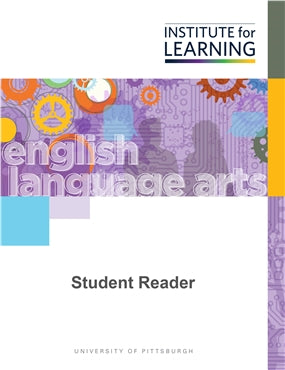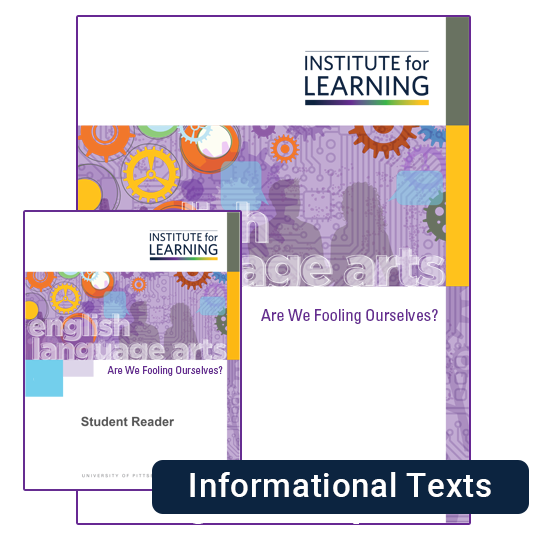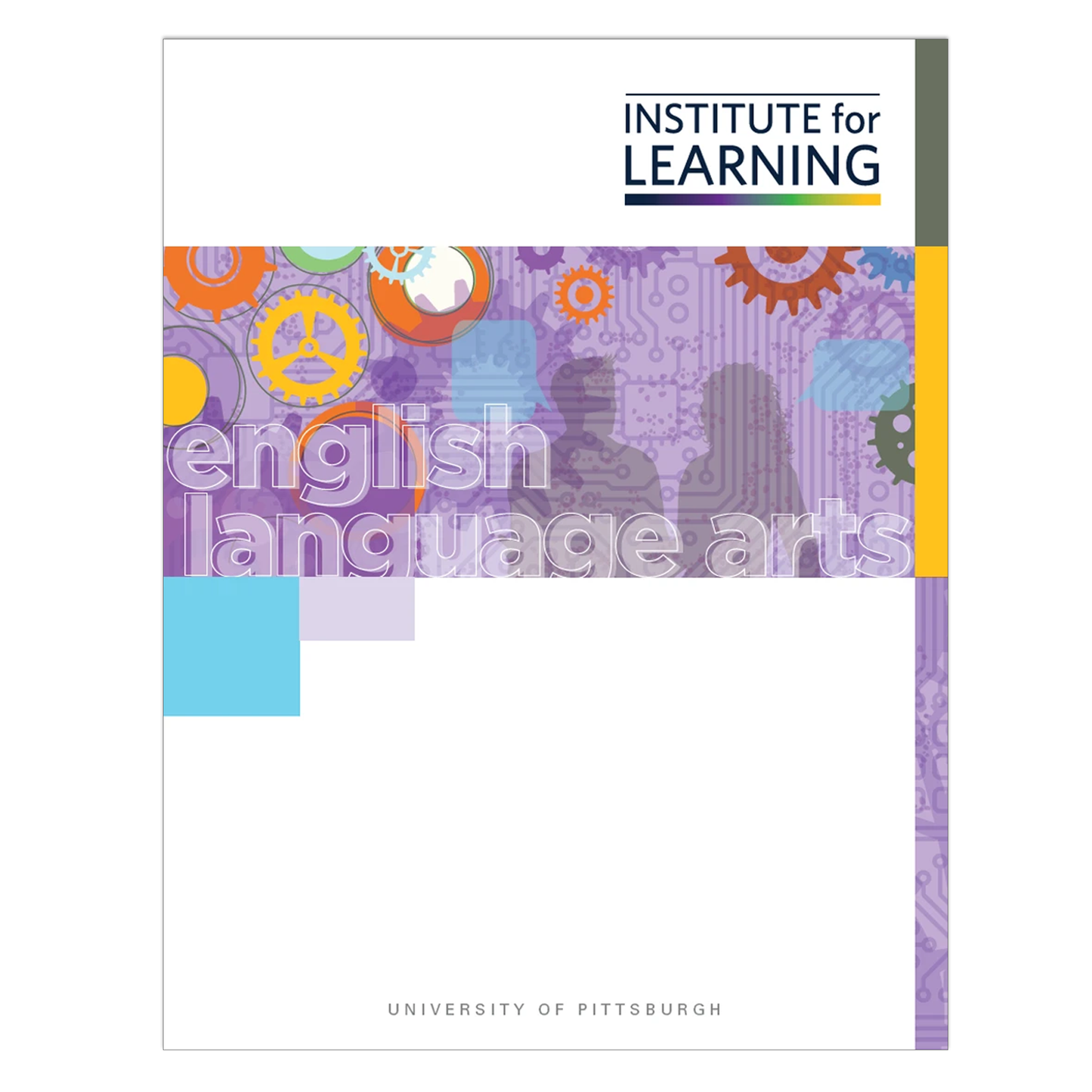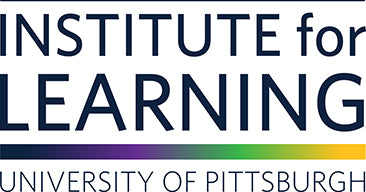Institute for Learning
Are We Fooling Ourselves? (Grades 11-12)
Are We Fooling Ourselves? (Grades 11-12)
Couldn't load pickup availability
- Two informational texts
- 2-3 weeks instruction
- Explanation writing
What is this unit about?
In this unit, students read two texts: an excerpt from Thinking, Fast and Slow by Daniel Kahneman and “The Backfire Effect” by David McRaney. Both Kahneman and McRaney explore the concept of rationality and the ways in which our cognitive functioning can impair our ability to reason. The first text is comprised of sections from two chapters of Thinking, Fast and Slow. In this text Kahneman—a psychologist, researcher, and Nobel prize winner—explores the two thinking systems used by our brains and delves into one cognitive fallacy: the illusion of validity. The second text, a blog post by David McRaney, who is a journalist and self described psychology nerd, examines another kind of cognitive bias: the backfire effect.
Framed by Aristotle’s assertion that “man is the rational animal,” this unit asks students to study these texts for what they reveal about our capacity to be rational beings. Additionally, students view these texts from a writer’s perspective to analyze the ways these writers work with language and construct their texts for their audiences. Students also explore additional biases through independent research. The concluding unit task asks students to conduct their own “sidewalk neuroscience” to collect observations about their own or other’s reasoning to confirm, challenge, or extend what Kahneman and McRaney offer about rationality.
What content and concepts will students learn?
Students will learn about:
- what it means to be rational.
- the science supporting different perspectives on how humans think.
- the impact of the cognitive biases on our thinking.
- how these writers use language and construct their texts for their purposes and audiences.
What practices will students use?
Students are supported to develop practices and habits such as how to:
- comprehend, analyze, and interpret complex informational texts with assistance and independently.
- read, reread, annotate, and take notes on sections of texts and texts in their entirety as a means to enhance comprehension.
- examine writing at both global and local levels to analyze how these writers use language to meet their purposes for their audience.
- participate in routines such as maintaining a Reader/Writer Notebook, completing quick writes, sharing in pairs/trios, and participating in whole group discussions.
How long will it take to engage students in the unit?
This unit spans approximately 12-15 instructional days, assuming a 45- to 60-minute class session. The tasks in the unit are designed to be implemented sequentially in order to support students to achieve the instructional goals. As such, the pacing of the lessons will depend on the time students need to achieve these goals.





